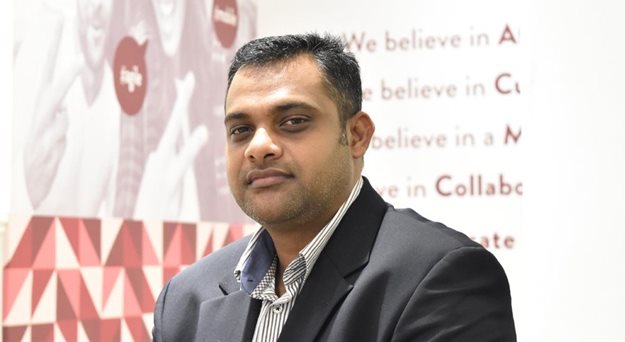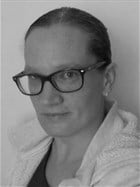Private pan-African higher education network, Honoris United Universities recently established the
Honoris Academic Council in an effort to boost the sharing of academic best practices and to develop a broad 'employability agenda' designed around entrepreneurial and workplace skills and credentials. Honoris council member and Mancosa Academic Director, Professor Zaheer Hamid talks to us about the council's vision to provide Honoris students with access to 21st century workplace skills...

Honoris council member and Mancosa Academic Director, Professor Zaheer Hamid
Tell us about the Honoris United Universities Academic Council's mandate and how they plan to develop the educational landscape of the future?
The Honoris Academic Council will lead the deployment of Honoris’ unique collaborative intelligence model through the co-ownership and sharing of skills and resources across member institutions within the network. The council will also direct a diverse range of programmes including international exchanges, collaborative projects as well as learning environments, physical and digital, enabling Honoris faculty and students to benefit from the sharing of ideas, real-world expertise, and multi-cultural immersion. We believe that student mobility is critical to succeed in the global labour market and our students need to be developed with a global mindset. The Honoris Academic council will galvanise the various efforts from the north of Africa to the south of Africa.
What is the future iTeachLab at Mancosa and how does it form part of the partnership with Honoris?
The iTeachLab is an extension of the Mancosa School of Education. In keeping with the Honoris mandate of developing a global workforce and to prioritise employability success, Mancosa has invested in this world class teacher training simulation resource. The iTeachLab will present teachers in the making with various opportunities to develop higher level teaching skills making them highly skilled and competitive in the global labour market.
South Africa has a reputation for having a poor education system. As someone with a special interest in the internationalisation of higher education, what needs to happen - at a secondary school level - to better equip SA students for higher education, so they can start their university career on the same playing field as their international counterparts?
I think we should not forget that the South African graduate is highly sought after in certain parts of the Middle East, East, Australia and UK. We continue to enjoy this advantage. Notwithstanding this, we do recognise the challenges of promoting the SA brand of education. This is important because the global workforce has no boundaries but is rather open market orientated.
For this to happen, SA needs to revisit a number of aspects of its education system:
- Develop a more robust technical training focus for students opting to pursue technical and vocational careers
- Improve the literacy and numeracy skills at foundation school level
- Promote reading as a critical success factor
- Review quality of life in the teaching profession to improve impact and output
How do you intend to change the mindset from "seeking jobs to training for jobs" - is this at student level only, or somewhere deeper?
We believe that a number of stakeholders need to work in harmony towards a more diverse post-school career experience. This starts at the foundation phase of student development up to the level of policy making. Industry, public and private, education stakeholders, policy makers all form part of this ecosystem to promote a competitive economy. We believe that central to this, is job creation and entrepreneurship – to build a robust and competitive economy. Education then needs to be designed to support this ideal and adapt to the needs of a rapidly changing and fluid environment. We need more job creators and start-ups than people seeking jobs.










































